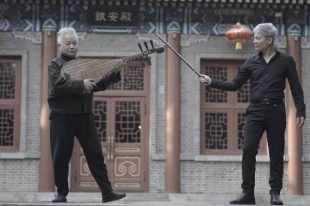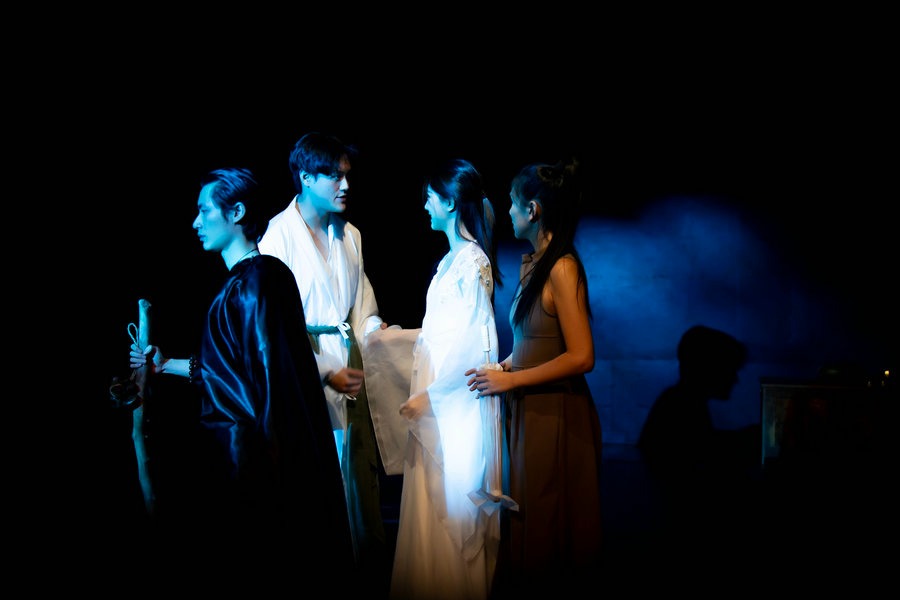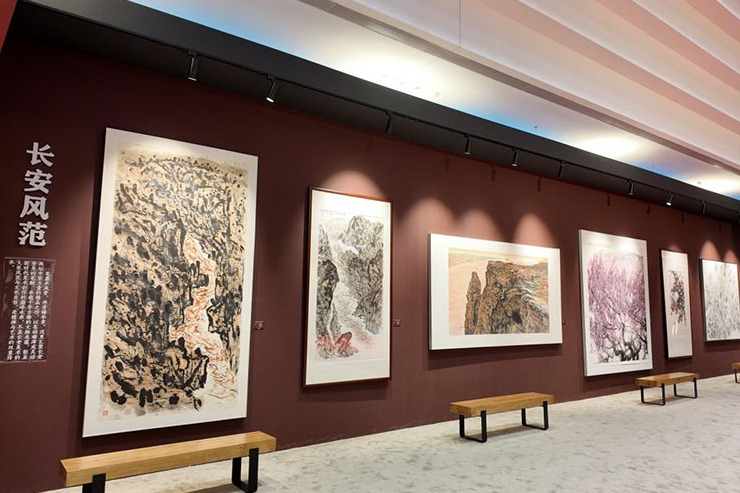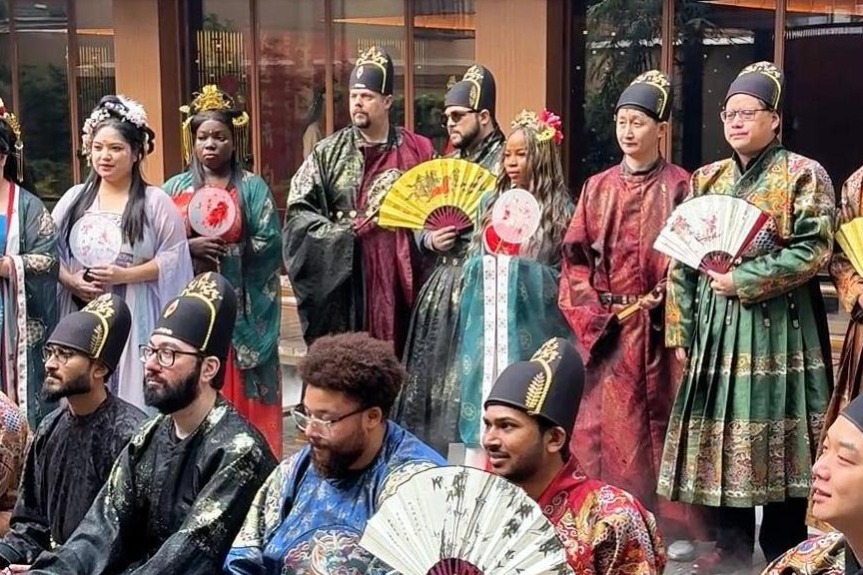Ancient work gets in tune with modern times


The Book of Songs, also known as Shi Jing, is the oldest existing collection of Chinese poetry. It includes more than 300 works dating back from the Western Zhou Dynasty (c. 11th century-771 BC) to the Spring and Autumn Period (770-476 BC).
Believed to have been compiled by Confucius, the poems cover a wide range of themes, including battles, farming, education, marriage, animals and plants, all of which have had a lasting influence on Chinese civilization.
Three years ago, when Chinese musician Fang Jinlong read Shi Jing, he was interested in the stories told through the poems. Because he couldn't fully understand the ancient Chinese language used, he turned to experts whose elaboration further attracted him to explore the poems.
Then he decided to portray the poems with musical language by inviting composer Ma Jiuyue to create an album.
Titled Music and the Book of Songs, the album was released on Jan 18, featuring 10 original songs composed by Ma. They were performed by Fang.
The 10 songs are based on 10 poems from Shi Jing, including Qiong Yao, which conveys gratitude to people who are eager to help others, Swallows, which sends farewell messages to friends and Jia Yu, which portrays the scenes of a joyful banquet.
"When I read the poems, I was drawn to them because they invoked lively imagery and emotions. They contain multiple meanings, though the language is very simple. Some of the poems showcase the daily lives of the people in those times while some help to lay down rules for behavior, which deserve to be read, especially by young people," says Fang.
In his 50s, Fang has become a viral star after he gave a 12-minute performance at the New Year's Eve concert on Dec 31, 2019, lives-treamed by video-sharing platform Bilibili. The performance, Rhythm World, featuring Fang performing alongside a 100-strong orchestra, saw Fang play an array of traditional musical instruments from China, India, Italy, and Japan, and even performed a solo using his own face. To appeal to young fans, he incorporated elements from Chinese martial arts culture, American folk music and Japanese anime.
"Young people gave warm feedback about traditional Chinese music after they watched my performance. It inspired me to create more works for them, which helps popularize traditional Chinese music," says Fang, who hails from Anqing, Anhui province. He was first introduced to music by his father, a pipa player in a local Huangmeixi opera troupe, and started to play liuqin (a four-stringed Chinese mandolin) at 6.
Now, Fang plays over 100 musical instruments, especially the five-stringed pipa. In the album, Fang also plays a diversity of musical instruments, including fou (an ancient Chinese percussion instrument), the pipa, flute, and mouth harp.
To portray the scenery and emotions told in the poems with more color, Ma has arranged more musicians to join. This has led to greater musical variety such as guitar, violin, guqin and ruan (a plucked string instrument).
"The 10 pieces sound delightful and easy. For the listeners, it's a fresh way to comprehend poems from Shi Jing," says Ma, who works with the China National Traditional Orchestra. The composer, who is adept at playing the erhu, violin and piano, studied at Beijing-based Central Conservatory of Music and graduated from China Conservatory of Music. He is known for his original compositions of Chinese folk music.
In October 2020, the composer initiated a music project in Huashan Mountain, Shaanxi province, which gathered top Chinese musicians, including Fang, to perform and share ideas about traditional Chinese music.
"We spent three years working on the project. There are so many meanings in the poems and we want to display them as deep as possible with music," Ma says. "It's our mutual goal to have traditional Chinese music reach a wider audience."





































